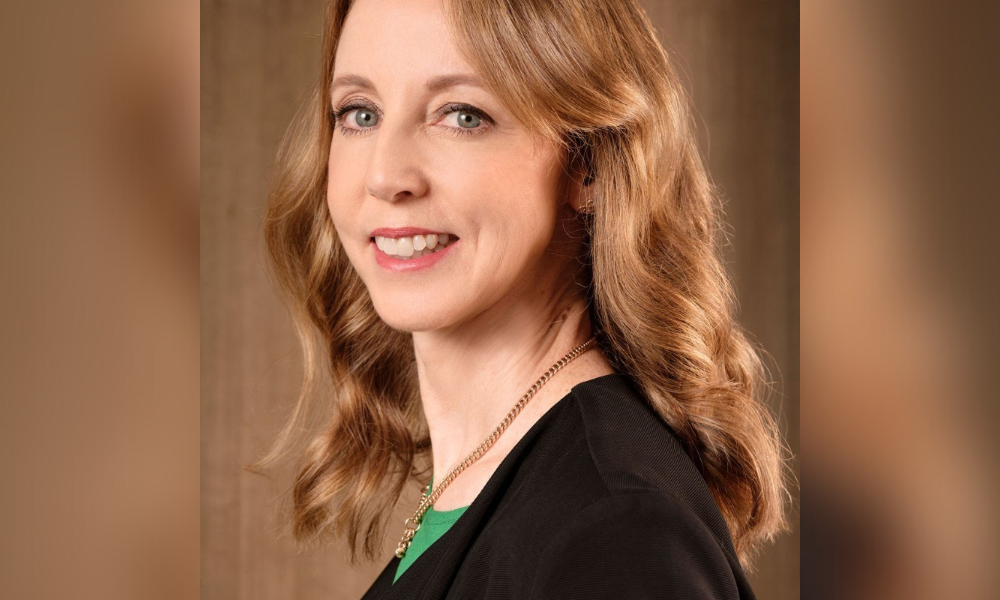Bank calls for targeted financial strategies and policies to bridge the gap

Recent data from ANZ Investments has exposed significant gender disparities in KiwiSaver participation, particularly noticeable in the high growth fund where men comprise nearly two-thirds of investors.
This gap persists across all fund types but is most pronounced in the more aggressive investment options.
Investment choices and gender disparities
According to Fiona Mackenzie (pictured), managing director of ANZ Investments, the investment patterns show distinct gender lines, with women tending towards more conservative funds.
This difference in risk tolerance is a key factor behind the average savings shortfall for women, which stands at almost $6,000 across all members and expands to about $17,000 by age 64.
“As women, we face a twin challenge when it comes to saving for a comfortable retirement,” Mackenzie said. “Typically, we live longer than men and therefore need to save more. However, the gender pay gap makes it harder for us to save.”
Broadening the context
The Financial Services Council's 2025 report, "Insights and Trends: Women and Finance in New Zealand", aligns with ANZ's findings, highlighting systemic issues that exacerbate the retirement savings gap, such as the gender pay gap and career breaks for caregiving.
As of June 2024, New Zealand’s gender pay gap in financial and insurance services stood at 29.3%, reflecting persistent workplace inequalities.
Strategies for change
Mackenzie advocates for several strategies to address these disparities, including raising the default KiwiSaver contribution rate and encouraging higher risk-taking where appropriate, particularly for younger women with a longer investment horizon.
“We aren’t saying that every young woman should be in a high growth fund,” she said. “But we would encourage everyone to stop and check they are in a fund that suits their age, life goals, and tolerance for risk.”
Educational initiatives and policy actions
Education and engagement are crucial. Mackenzie suggested that increasing awareness about financial planning and investment among women and young girls could boost their confidence in managing their finances.
ANZ NZ supports these efforts by offering up to 26 weeks of paid parental leave and continuing KiwiSaver contributions during this period, helping to mitigate the impact of career breaks on retirement savings.



